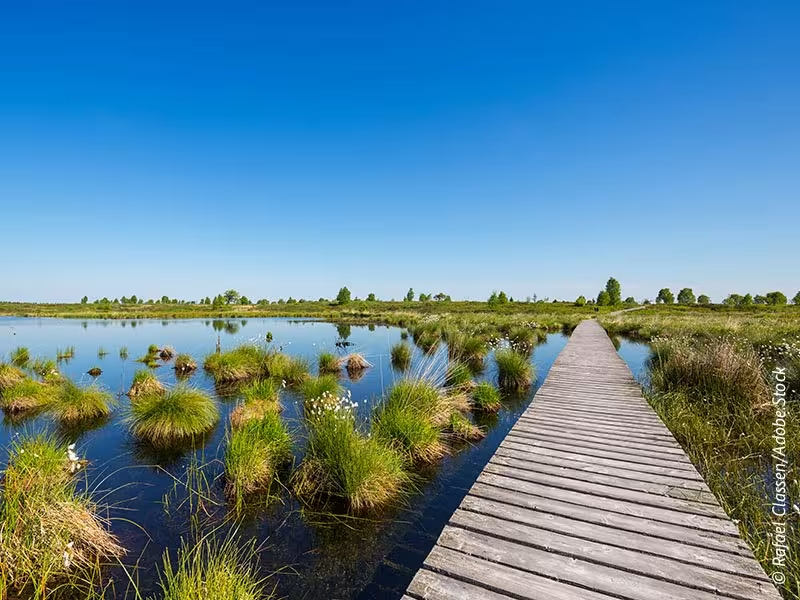
SHERIDAN, WYOMING – Feb. 28, 2025 – The move towards eco-conscious gardening is gaining momentum, and a critical component of this shift is understanding why peat should be avoided. Why not use peat when gardening? The answer lies in its profound impact on our planet's carbon storage and biodiversity.
The Role of Peatlands in Carbon Storage
Peat is formed in moors by the deposition of incompletely decomposed plant biomass, such as sphagnum moss. These moor soils are exceptionally rich in carbon. As stated, “although they cover only about three percent of the earth's land area, they bind more than twice as much carbon as all the forests in the world combined.” This highlights the critical role peatlands play as the most potent carbon stores on Earth.
Germany's Moorland Decline and Its Consequences
Historically, Germany boasted extensive moorlands. “Originally, 5% of Germany was covered by natural moors - that's about 1.8 million hectares.” However, human activities have drastically altered this landscape. “Due to human influences, the area has shrunk significantly. The local moorland soils have largely been drained for agriculture, forestry, infrastructure and peat mining - 95% are now considered degraded.”
This degradation has far-reaching consequences, including the loss of vital habitats for numerous rare animal and plant species. The potential for renaturation exists through rewetting drained areas, offering a chance to restore some of these vital ecosystems.
The Federal Ministry of Food and Agriculture's Peat Reduction Strategy
Recognizing the urgent need for change, “With its peat reduction strategy, the Federal Ministry of Food and Agriculture is focusing primarily on education.” This strategy is an integral part of the Federal Government's Climate Protection Program 2030, aiming to raise awareness about the importance of peat-free gardening.
The initiative provides comprehensive information on “why we should garden without peat and what alternatives there are.” This educational approach empowers gardeners to make informed choices that contribute to environmental sustainability.
Why Gardeners Should Embrace Peat-Free Alternatives
The environmental impact of peat extraction is substantial. By opting for peat-free alternatives, gardeners can:
- Reduce Carbon Emissions: Protecting peatlands helps maintain their role as crucial carbon sinks, mitigating climate change.
- Preserve Biodiversity: Peatlands are home to unique flora and fauna, many of which are endangered due to habitat loss.
- Support Ecosystem Restoration: Choosing peat-free products encourages the restoration of degraded moorlands.
- Promote Sustainable Practices: Embracing alternatives fosters a culture of environmentally responsible gardening.
Finding Peat-Free Alternatives
Fortunately, numerous peat-free alternatives are readily available. These include:
- Composted bark
- Coconut coir
- Wood fiber
- Composted green waste
These materials provide excellent growing mediums while minimizing environmental impact.
Conclusion: A Call to Action for Sustainable Gardening
The decision to avoid peat in gardening is a significant step towards environmental stewardship. By understanding the critical role of peatlands and embracing sustainable alternatives, gardeners can contribute to a healthier planet. The Federal Ministry of Food and Agriculture's educational efforts are crucial in driving this change, empowering individuals to make informed choices.
By making the switch to peat-free gardening, we can collectively protect our planet's vital carbon stores and preserve biodiversity for future generations.
For more information visit.